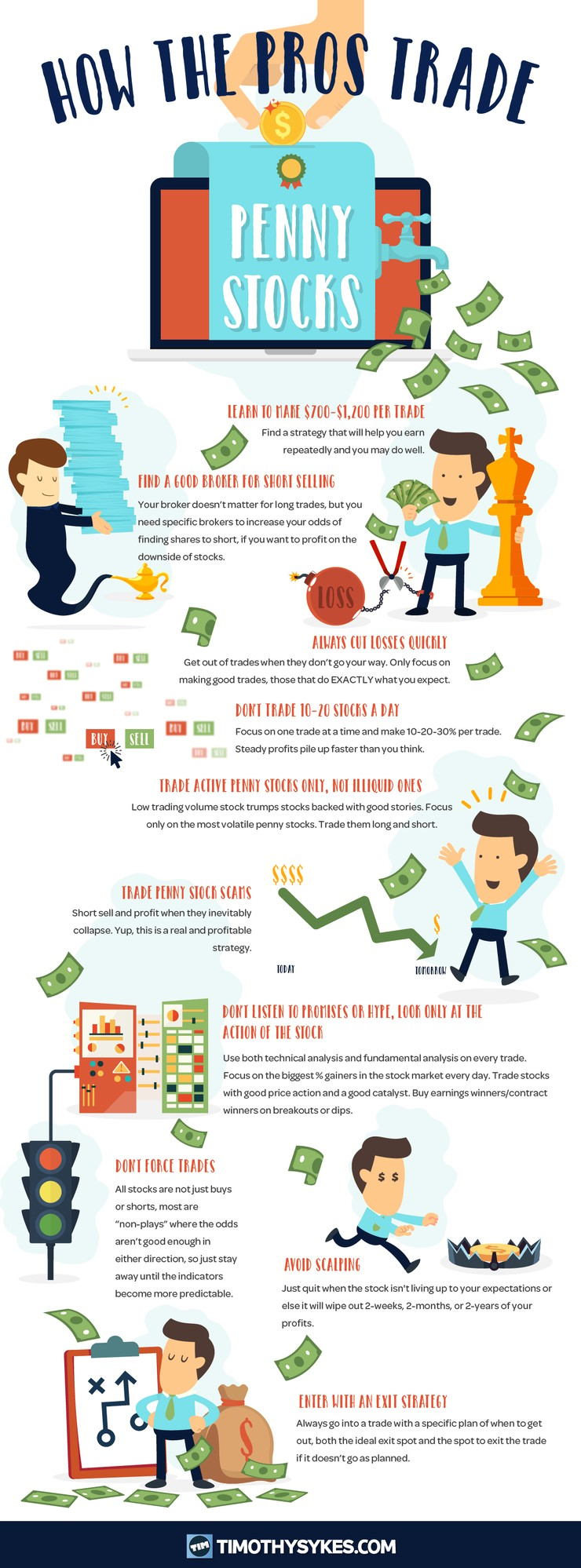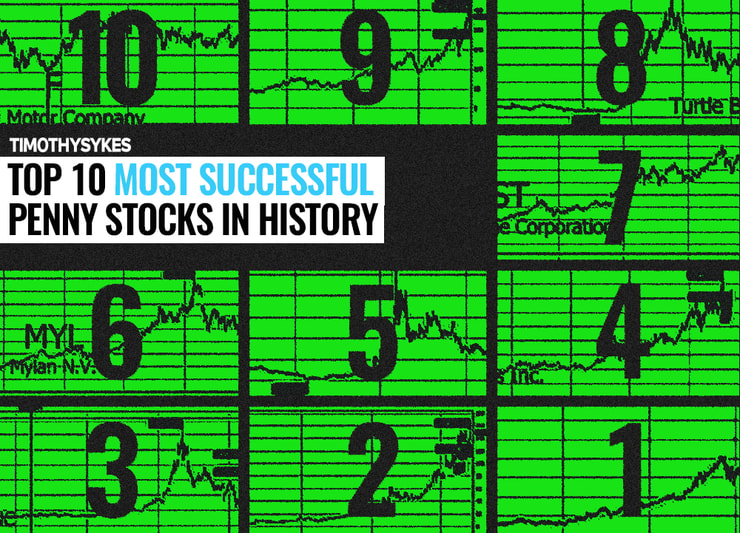Trading penny stocks is an endeavor that can help you attain your financial goals. However, it’s much more than just a matter of setting up an account and trading whatever stocks capture your attention…you need to learn penny stock basics like these. Also, to help gain solid footing as a penny stock trader, try these tips to learn how pros trade penny stocks :

2025 Millionaire Media, LLCLearn how to make reliable profits. Take the time to find a strategy that can net you $700 to $1,200 per trade.** It adds up over time!
Find a great broker for short selling. It’s important that you seek out ways to profit even when a stock is going down in value! You need specific brokers to increase your chances of finding shares to short, so take the time to find a great broker.
Cut losses quickly. When things aren’t going your way, know when it’s time to throw in the towel. Don’t invest yourself too much in trying to turn around a bad trade, particularly when there are so many better trades that you could be pursuing.
Focus on one trade at a time. Don’t trade 10-20 stocks a day. Your attention will be too scattered. Focus on one trade at a time, and try to make between 10 and 30 percent profit each time.** Steady profits like this can add up faster than you’d think.
Avoid liquid penny stocks. Stocks with low trading volume are superior to ones with good stories. Focus on the volatile stocks, and trade long or short when appropriate, for the best results.
More Breaking News
- Coinbase Stock Skyrockets 12%: What’s Driving the Surge?
- Soligenix Advances in HyBryte Trials Fuels Market Optimism
- MARA’s Bold Move: Strategic Energy Partnership with TAE
Make scams work for you. Go ahead: short sell, and profit when you see a stock that is going to collapse. It’s a real and lucrative strategy!
Don’t believe the hype. You can listen to what promoters say, but do your own research before investing your hard earned cash. Use technical and fundamental analysis on each and every trade.
Don’t force trades. Most stocks are in the “no go” zone if the odds aren’t good in either direction (long or short). Have the self-control to wait until a stock trend in one direction or the other before you pounce.
Don’t be a scalper. When a stock isn’t living up to your expectations, get out. It may wipe out at some point, and you don’t want your profits to wash away.
Have a strategy. Always have a trading plan so that you have a blueprint of when you might get out if things don’t go as planned. Having an exit strategy helps you stay level-headed and avoid making rash and potentially money-losing decisions.
Focusing on these important tips will help you refine your trading so that you can improve steadily. Following these methods and techniques can help you on your trading journey.
Leave a comment below and let me know if infographics like these help you? I want MANY MORE trading challenge students so I’ll try any kind of content to get you to study harder whether it’s a video, guide, DVD, webinar, podcast, interview, video lesson, watchlist, trade alert, commentary, blog post, software, website and yes, infographics too!
![How Pros Trade Penny Stocks [Infographic] Thumbnail](https://content.timothysykes.com/cdn-cgi/image/quality=90,format=webp,width=740/https://content.timothysykes.com/wp-content/uploads/2018/05/Screen-Shot-2018-05-05-at-11.58.34-AM.png)


![Image for The Top Performing Mutual Funds [Infographic] recomended post](https://content.timothysykes.com/cdn-cgi/image/quality=80,format=webp,width=172/https://content.timothysykes.com/wp-content/uploads/2017/05/Screen-Shot-2017-08-28-at-12.05.58-PM.png)




Leave a reply